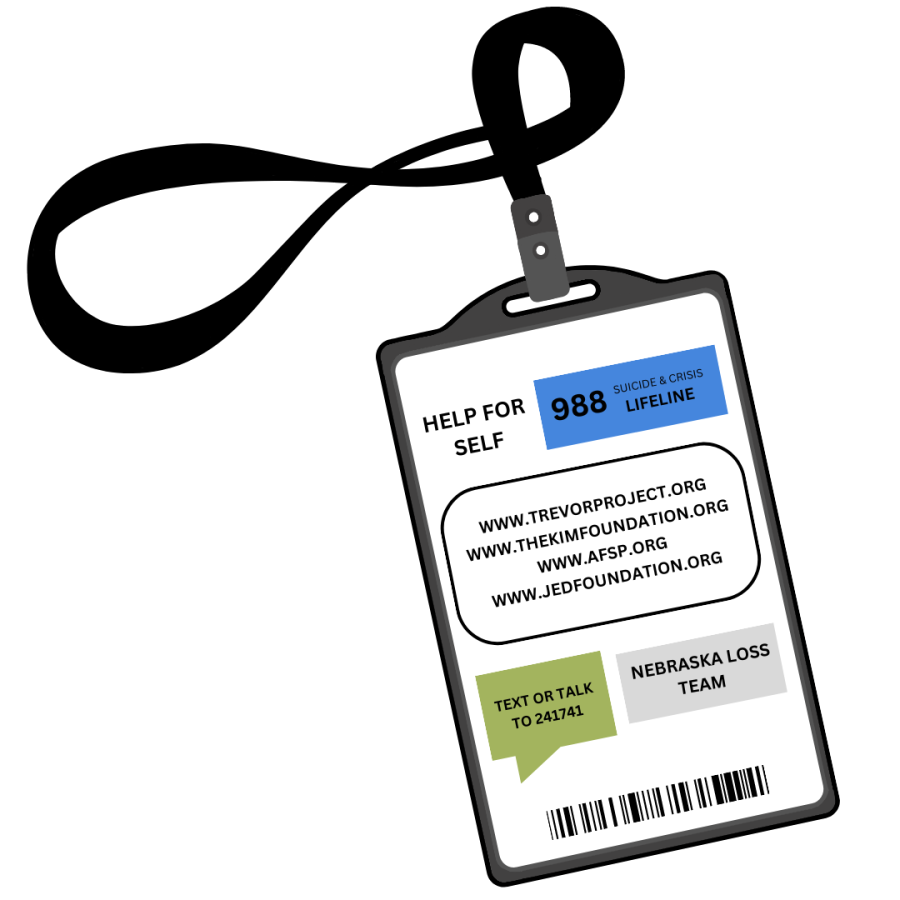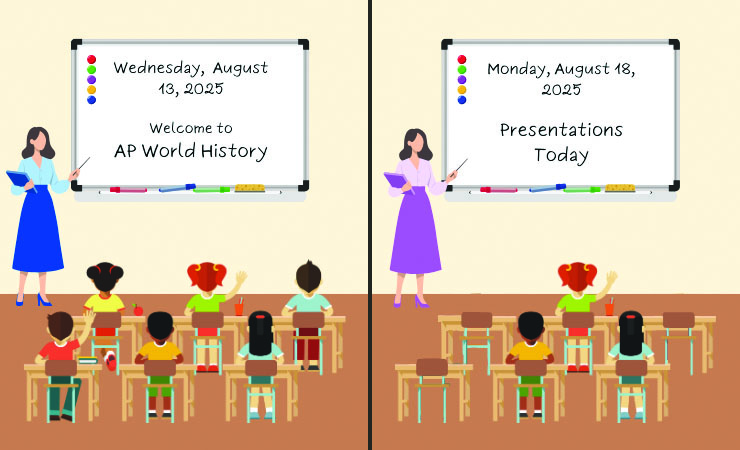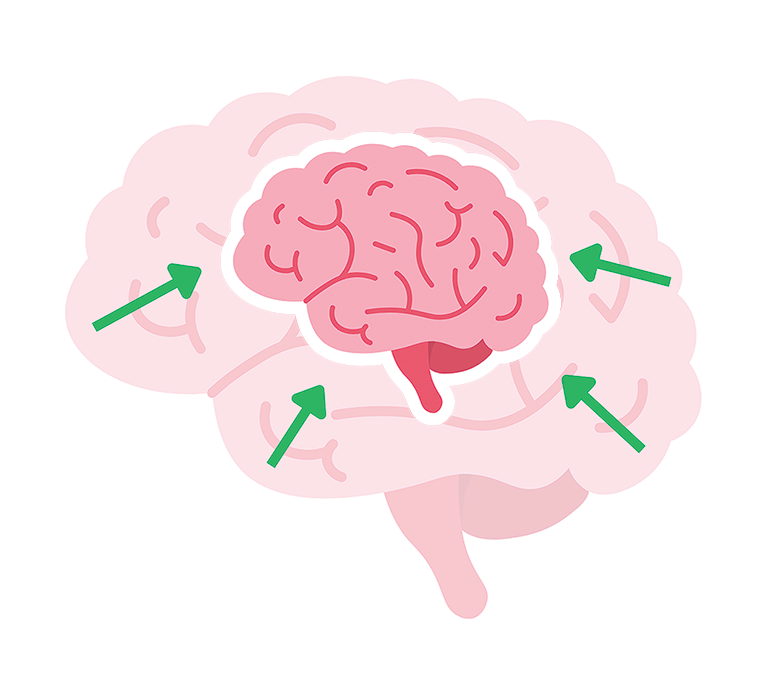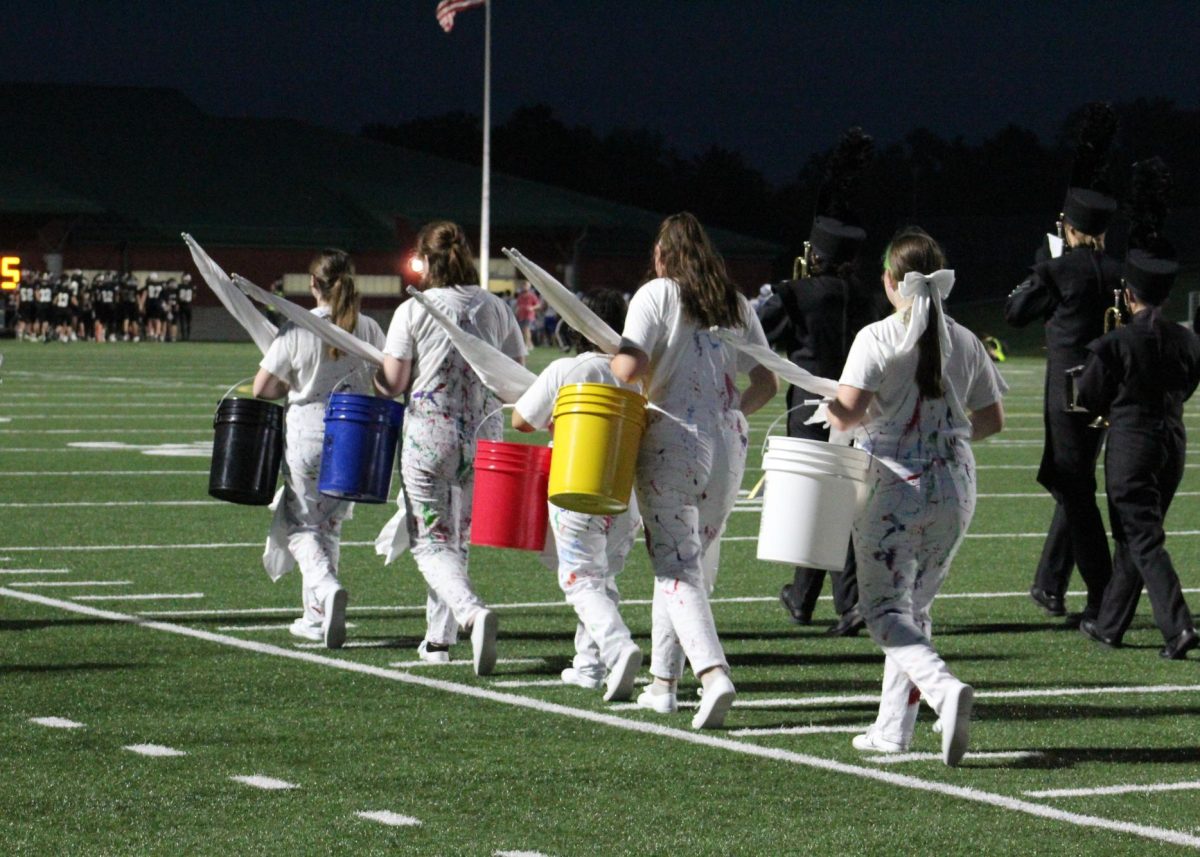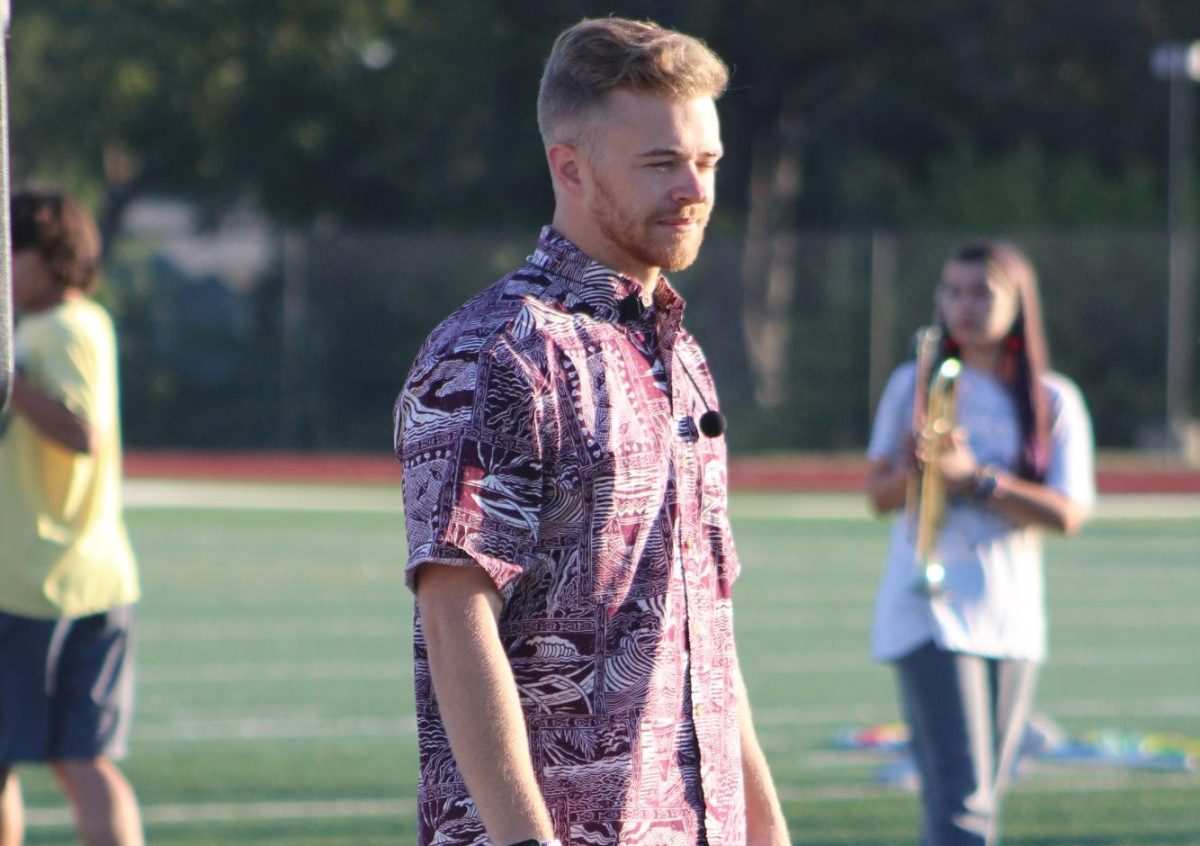Opinion: Are there really enough resources to prevent suicide?
March 31, 2023
*Disclaimer: this article includes mentions of suicide. If you’re experiencing thoughts of suicide or if you know anyone who is, please reach out. There are many resources you can contact for help 24/7, 365 days.
23,044,100. That number is the approximate amount of calls that the Suicide Prevention Lifeline has received since 2005, according to the 988 Suicide and Crisis Lifeline. That means on average they got 1,355,535.29 calls per year. 3,713.79 calls per day.
A New York Times article reports this time as, “‘It’s life or death’: Teen mental health in crisis.”
A CNN article states that “US suicide rates rose in 2021, reversing two years of decline.”
Currently, suicide is the second most common cause of death between ages 10-34.
According to the 988 Suicide & Crisis Lifeline (which was formally known as the National Suicide Prevention Lifeline [1-800-273-8255]), Nebraska as a whole had 15,368 calls just in the year 2020. However, since the year 2016, the Nebraska 988 number had a 96 percent call volume increase, which essentially means that the average number of callers went up by 96 percent.
However, only 81 percent of those calls were actually answered. This means that 2,920 people didn’t get the help and assistance they needed.
The real question is, is there really enough to prevent suicide?
The 988 Prevention Lifeline reported 2021 to have the highest usage ever before. They received approximately 2,565,402 calls.
One of the many organizations that are helping fight this issue is the Nebraska State Suicide Prevention Coalition (NSSPC). They’re a group created by volunteers, passionate and committed people, along with suicide survivors themselves.
The chair of NSSPC, Quinn Lewandowski, said that the NSSPC “is not just one organization working on suicide prevention. It’s multiple different behavioral health regions, providers, organizations, all working to better improve our communities.”
The NSSPC is also working alongside the Kim Foundation, which is a non-profit organization that is dedicated to saving lives, to create this Nebraska state plan which was stated as, “We [The Kim Foundation] aimed to create a plan for all Nebraskans and one that empowers everyone to play a role in suicide prevention. The Kim Foundation believes that each of us can save a life from suicide if we know the right steps to take.”
The plan that they’ve created includes, but isn’t limited to, 13 different population groups. A few of them include suicide survivors, youth, the LGBTQIA+ community and military personnel currently in service or retired.
More resources include the 988 number itself and texting talk to 741741. Lewandowski said these numbers are a “Lifeline that connects people to a counselor for free, where they can be there for somebody in crisis confidentially.”
LSE is now adding onto the list of resources students have with their new group called Hope Squad.
Hope Squad is a group of students led by school social worker Gretchen Baker, who work together to provide a safe place for students to talk about their concerns about themselves, their thoughts and feelings.
Baker said that their goal is to get rid of the stigma of mental health being looked down upon so that people who are actually struggling with it get the help they need.
Although there are a variety of different resources, it’s ultimately up to the individual to take advantage of them.

